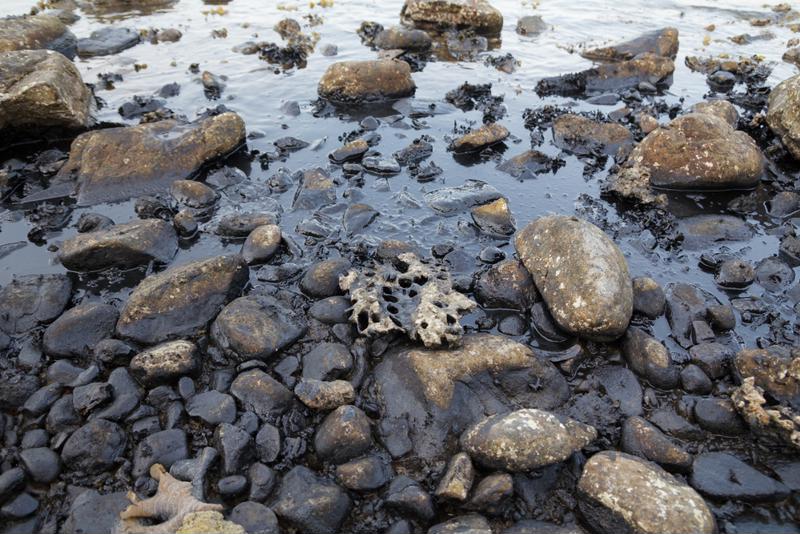In early June, 2016, a train carrying fuel derailed near the Columbia River in Oregon. Twelve cars went off the tracks in the accident, and the result was an oil spill and fire that lasted 14 hours.
The accident was one of 26 similar incidents involving oil-transporting trains since 2006 in the United States and Canada. Because these spills often lead to deadly and damaging explosions, the government implemented rules under the Obama administration that require these oil trains to include advanced electronic brakes.
The latest administration has since canceled the rule, and made a damaging mistake in its calculations.
What was the mistake?
The Trump administration performed an analysis about future train derailments that could be prevented by using electronic brakes. The Associated Press now says that the analysis left off an estimated $117 million in future damages.
This analysis came after the administration canceled a rule that was implemented under the Obama administration, apparently to save costs by no longer requiring electronic brakes.
The original findings when the rule was put in place indicated that the brakes would cost $664 million over the span of 20 years, and would save the industry between $470 million and $1.1 billion overall by preventing expensive crashes.
Trump's administration, however, said the benefits seen by the industry would be between $131 million and $374 million. The current Transportation Department said that the reason for this change was that even though ethanol shipments on railroads are increasing in volume, crude oil transport has gone down since 2014, falling 200,000 shipments in 2017.

However, these numbers left out the crashes that damage property but don't incur mass causalities, which represent the most common type of derailment that involves fuel. This omission is where the $117 million discrepancy came from.
The AP first discovered the mistake when reviewing federal documents, and only then did the Department of Transportation acknowledge it. But a spokesperson said that not making the brakes mandatory would comply with laws that say costs can't exceed the benefits of the rule. He said that with the correction now implemented, the costs would still outweigh the benefits.
Why was the rule created?
Many across the country oppose the cancelation of the Obama-era rule, including some lawmakers and safety advocates. Under Obama, the rule was part of a group of rail safety measures that were implemented in response to an increase in train accidents in which the trains were carrying oil or ethanol throughout the United States and into Canada.
One such incident took place in 2013 in Canada. A train carrying crude oil derailed and exploded in a town in Quebec, killing 47 people and destroying much of the city's downtown area. The train was unattended, so the use of electronic brakes could have prevented the crash, the reasoning goes.
The AP says that other oil-related crashes and spills have taken place in at least seven states in the U.S., including Illinois, Oregon, and West Virginia.
But on the other end of the spectrum, lobbyists for both the railroad and oil industries opposed the rule to begin with, since installation of the new brakes can be costly. This is the mindset that the current administration was seemingly responding to.
How do the brakes work?
The rule had required electronic pneumatic brakes (ECP) to be installed on trains. The main benefit of these brakes, aside from preventing crashes in unattended trains, is that the brakes are applied on all cars of a train at the same time. This method helps trains stop faster and within shorter distances, and fewer cars derail.
Thus, for trains carrying fuel, these brakes can prevent accidents that cause deadly or damaging explosions.
Brake laws change with new administrations and updated technologies. To ensure brakes and related components are manufactured up to exacting standards, request a complimentary brake testing consultation from Greening.
